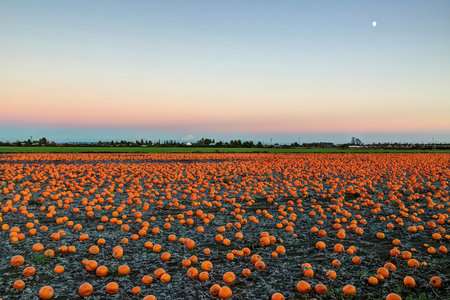The Farmland Trust initiative aims to keep farmland in production
By Jennifer Jackson
Farmland can be expensive in Canada – and this can be a significant hurdle for young farmers beginning their own operations. A lack of young agriculture buyers leads some farmland to risk sitting bare, or perhaps left in the hands of an urban developer, according to a CBC article.
Dean Murdock, councillor of Saanich District, B.C., hopes his “farmland trust” initiative will attract young farmers and protect agricultural land from going out of production.
The initiative is “kind of like a foodbank, but dedicated to food production,” he said in CBC’s All Points West radio show on Dec. 14.
“We're suggesting maybe we can pool resources to purchase those lands, and put them in the hands of young farmers who maybe can't afford to get on the land themselves. Especially here in the capital region, farmland is quite expensive," said Murdock.
Compared to a program like the Agricultural Land Reserve (ALR), Murdock said the difference with a farmland trust is that it will promote the land to be kept in agricultural production. B.C.’s ALR is a zone of land provincially designated for agriculture usage. Any other forms of usage or development on ALR protected land needs approval from the province’s Agricultural Land Commission (ALC), according to the ALC website.

jamesvancouver/iStock/GettyImagesPlus
Regardless of land designation, “as farmers hit an age of retirement, there’s (often no one) coming up with the means to purchase the land,” he said. “It (can) end up falling into the hands of folks who (have no intentions) to use it for food production,” or can be left bare, out of production.
Recently the Capital Region Food and Agriculture Initiatives Roundtable predicted two-thirds of farmland in the district is in fact not being farmed, according to the CBC.
The trust would strategically acquire those pieces of land that may be especially vulnerable, said Murdock.
“It’s about (improving) access, to get on (those fields) and start farming,” he said.
The Capital Regional District Agricultural Committee is reviewing the trust proposal along with initiative logistics, such as implementation and affordable leasing arrangements for young farmers.
Before the trust begins to acquire new land, however, Murdock recommends municipalities should try using city-owned land as productive farmland, according to the CBC.
Click here to see more...